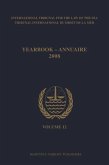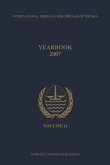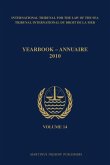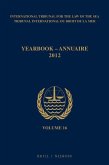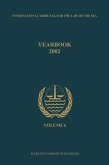In a historic decision at its Copenhagen Conference in June 1993, the European Union gave the green light to an eastward expansion. Initially, invitations to join the EU went out to just six countries of the former Soviet bloc: Poland, Hungary, the Czech and Slovak republics, Romania, and Bulgaria. However, it was not long before there was a queue of other applicants from Eastern Europe pressing at the EU's gates. There were real fears in some quarters that the economic reforms demanded for entry into the EU would bring about more 'shock' than 'therapy' in Eastern Europe, and that a rapid move to the market would undermine support for democracy. This volume of essays, by a group of internationally recognised experts, focuses on the eastward expansion of the European Union and the EU's relations with the applicant states. The primary aim of the volume is to provide a historical and analytical account of the enlargement process and to provide readers with a scholarly road map to guide them through the intricacies of the rapidly changing enlargement terrain. After region-wide studies of the enlargement process, there are case studies of eight countries: Bulgaria, Romania, the Czech Republic, Slovakia, Croatia, Serbia, Poland, and Estonia.
Hinweis: Dieser Artikel kann nur an eine deutsche Lieferadresse ausgeliefert werden.
Hinweis: Dieser Artikel kann nur an eine deutsche Lieferadresse ausgeliefert werden.


